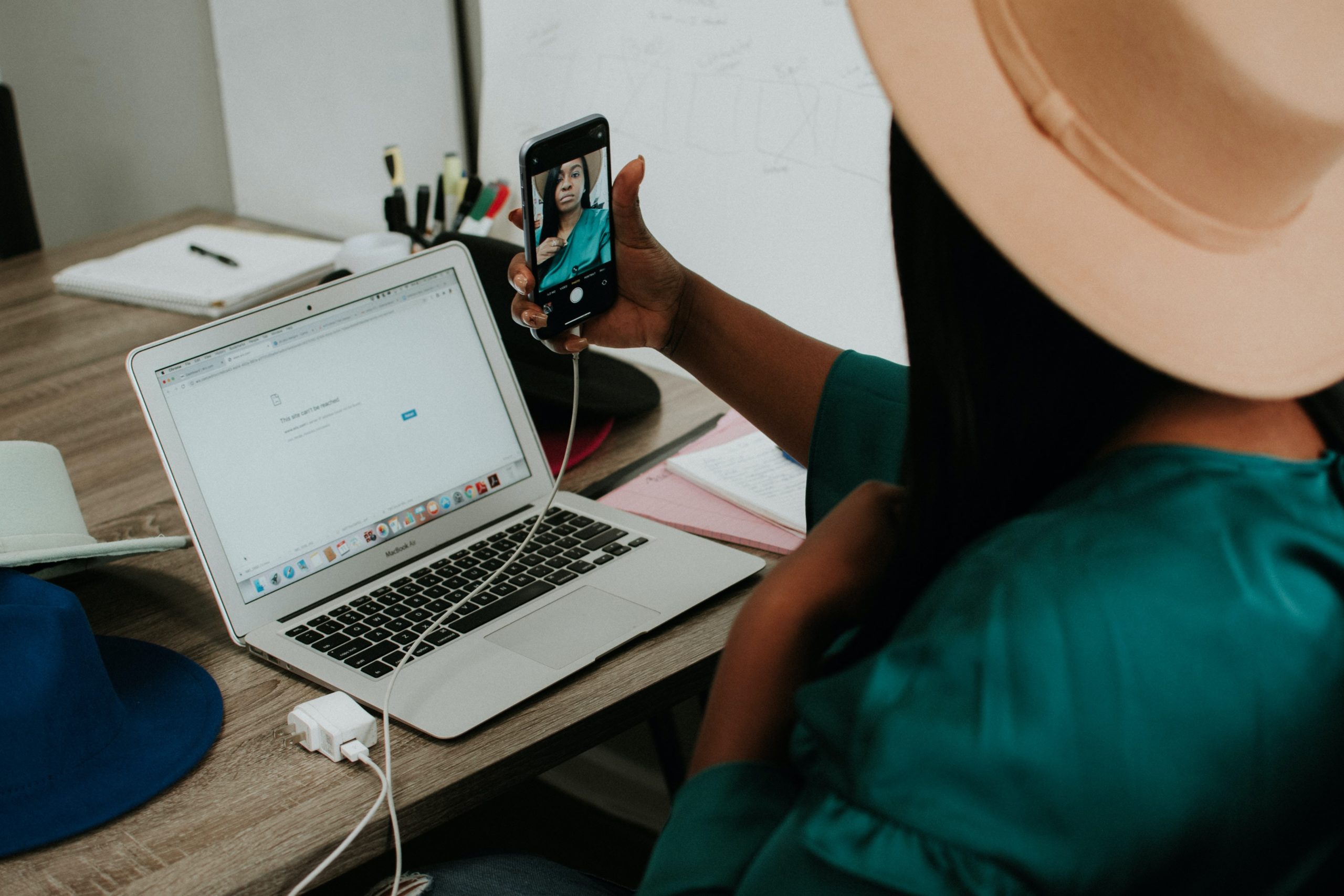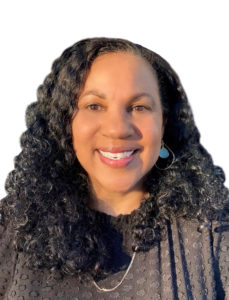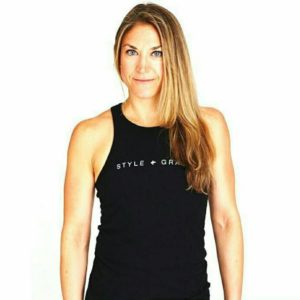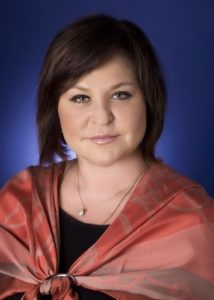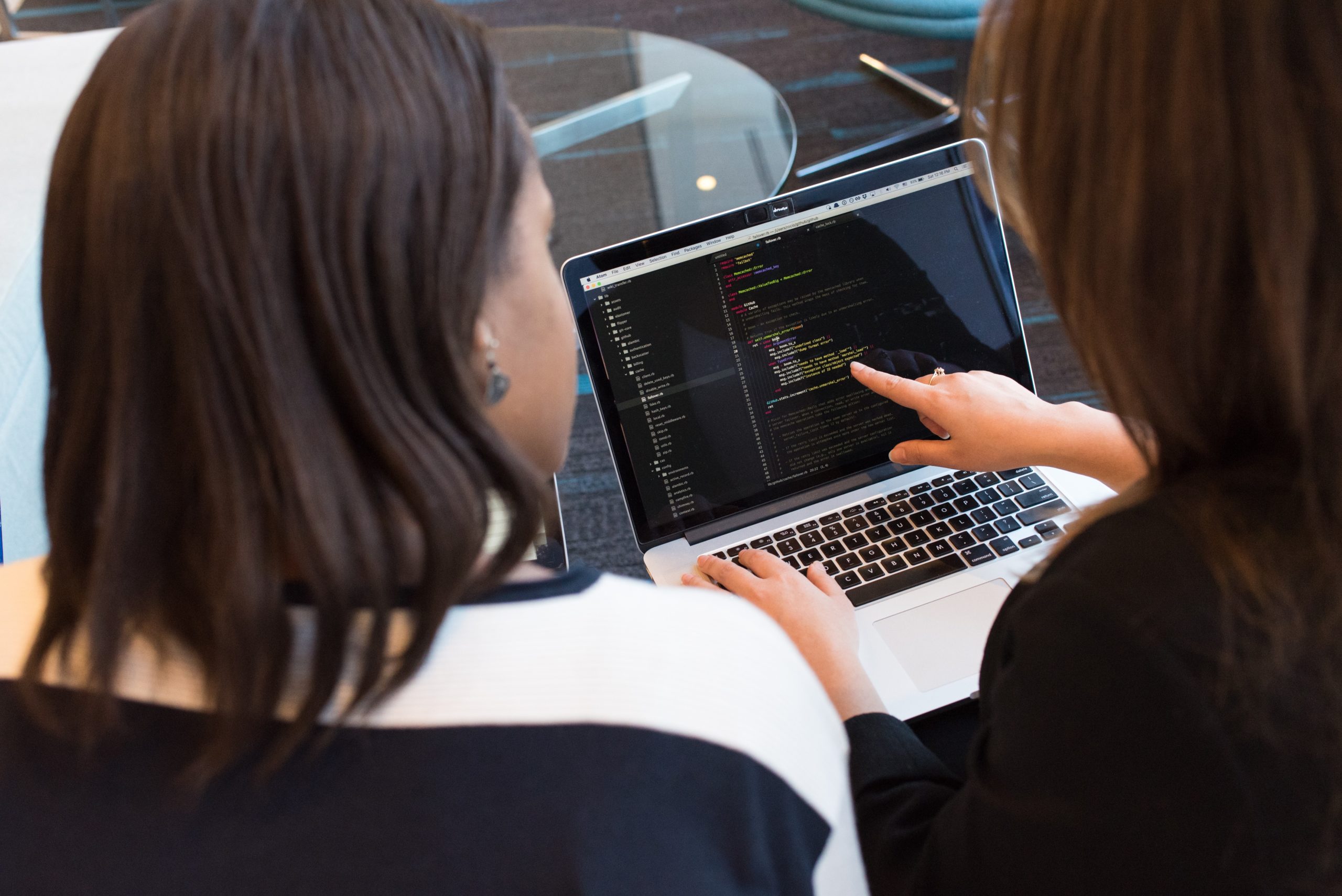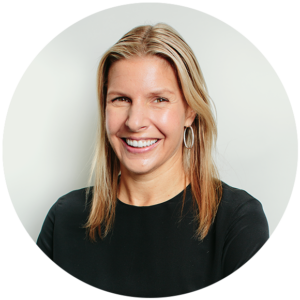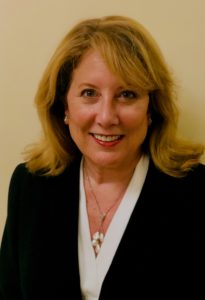 Life without ice cream? Unthinkable! But that’s the sad reality for millions of lactose-intolerant Americans forced to settle for dairy-free alternatives that don’t hold a candle to the real thing. Refusing to compromise on something as delicious and enjoyable as ice cream, two young entrepreneurs teamed up to make premium, no-compromises, dairy-based ice cream that anyone can enjoy – even if they can’t digest lactose. Beckon was born.
Life without ice cream? Unthinkable! But that’s the sad reality for millions of lactose-intolerant Americans forced to settle for dairy-free alternatives that don’t hold a candle to the real thing. Refusing to compromise on something as delicious and enjoyable as ice cream, two young entrepreneurs teamed up to make premium, no-compromises, dairy-based ice cream that anyone can enjoy – even if they can’t digest lactose. Beckon was born.
Gwen Burlingame, who cofounded the company with Katy Flannery, told Golden Seeds Managing Director Carolyn Fikke how they grew from a business selling small batches at local farmers’ markets to one with distribution in 1,600 retail outlets nationwide. Their success story offers inspiration for other entrepreneurs pursuing their own passions.
CF: Tell us about the origins of your company.
GB: It all started with a college friendship. My cofounder Katy Flannery and I were both lifelong ice cream lovers, but she became severely lactose intolerant and had to settle for sorbet, medicinal-tasting economy brands or nondairy desserts made with soy, coconut or almonds and none of them stacked up in terms of taste and texture. After college, Katy became a pediatric ICU nurse and I worked with L’Oréal in consumer-packaged goods marketing. On her days off, Katy experimented making dairy-based ice cream that was lactose-free. She started with fresh milk and cream – the same ingredients used in traditional ice cream – and then added in lactase, a natural enzyme our bodies produce to digest lactose, which is the sugar found in milk. We started looking at the market, and we were shocked that there wasn’t a premium lactose-free ice cream made from dairy, given that so many people are lactose intolerant. So, we created that premium lactose-free ice cream category.
We started the company in 2015, making the product ourselves in commercial kitchens and selling it at farmers’ markets. In 2017, we got our ice cream into a few local retailers around the Boston area and into several Whole Foods Market stores. As interest from retailers grew, we decided to rebrand and repackage for growth as Beckon – a name that suggests an invitation to join in. In May 2019, we were authorized for national distribution with Whole Foods Market. That was our big growth moment.
CF: What market need are you solving, and how is your approach different from how others have addressed this need?
GB: About 25% of Americans are lactose intolerant to some degree, and that number climbs to 65 to 90% among Asians, Hispanics and African-Americans. Those are huge numbers, and the incidence of this problem is growing.
We saw a white space in the frozen dessert category for a premium dairy ice cream that was completely lactose-free. We believed a product filling this void would have longevity, because it addresses a real, growing medical issue. Non-dairy alternatives can be gritty and have undertones of coconut or almonds. Also, they’re often full of additives used to try to mimic the taste and texture of real ice cream. Our proprietary, patented formula has the same taste and texture as regular dairy ice cream without using gums or other stabilizers. So, we can offer a premium taste experience that everyone, whether they’re lactose-intolerant or not, can enjoy.
CF: What challenges have you encountered along the way? How have you overcome them?
GB: Getting off the ground was a challenge, as it is for most small businesses. Distributors aren’t interested unless you have retailers signed up, but retailers don’t want to take a chance on you if you’re not signed up with distributors. We were fortunate to start out with a commercial kitchen in Boston with an amazing executive board that does a lot to support small businesses. We met UNFI, the preferred natural foods distributor for Whole Foods, which was starting the Next Program for emerging brands. That enabled us to get in the door with distributors and grow with Whole Foods and other retailers. Thanks to the generosity and support of those groups, our ice cream is now sold in about 1,600 stores, including nationwide in Whole Foods and chainwide in Sprouts.
The rebrand of Beckon was another challenge. When we started out, we were a homespun, farmers’ market brand, but as we grew, we had to make a hard decision. We felt that optimizations and improvements could make the brand shelf-ready for grocery stores but switching over a brand while it is out in retail – we were in 100 stores at the time – is extremely difficult. The Whole Foods buyer and the UNFI team and our other partners supported us, so we ripped the Band-Aid off and rebranded in 2018. It was difficult, but it laid the foundation for future growth.
CF: What advice do you have for early-stage founders?
GB: Early on, we got some great advice that Katy and I come back to often: Begin with the end in mind. Basically, if you have an idea of where you want to go, even if it is way in the future, use that goal to guide your decisions. As your business gets going, you’ll face many decision points that could be forks in the road taking you in one direction or another, and many opportunities will come your way. Keeping the endpoint in mind will ensure that you don’t stray from your path too much.
CF: What’s coming up next for your company? Any big milestones on the horizon?
GB: We’re coming out with two brand new flavors in pint size, Peanut Butter Cup and Dark Chocolate Brownie. The Peanut Butter Cup flavor will also be available in quart size, extending the quart-sized line we launched last year with Sprouts and a few regions of Whole Foods.
Peanut Butter Cup is a highly requested flavor, but it took a while to find a company to partner with that shares our values. We’re excited to be partnering with Unreal, a candy company that uses high-quality, clean ingredients that meet our guidelines. We’re using their broken or misshapen peanut butter cups that are otherwise perfect for this flavor. This approach fits in with one of Whole Foods’ 2021 trends: upcycling excess natural food ingredients to help reduce food waste.
We’re also launching a novelty product exclusively with Whole Foods in May. Taking inspiration from the yogurt aisle, our new 4-ounce Beckon snack cups have lids filled with toppings – vanilla with rainbow sprinkles, mint chip with crushed chocolate cream cookies and dark chocolate brownie with chocolate cookie gems. The smaller size makes it a permissible, snackable indulgence. This will be the first of its kind within the frozen set, so we’re excited to get that out into the market, and we hope to expand distribution later in the year.
On the business front, we have expanded our team with two key hires: a supply chain manager and a brand marketing manager. This year, we’re focusing on growing brand awareness and preparing for distribution growth into more conventional channels in 2022.
CF: Tell us about your experience with Golden Seeds. How has the Golden Seeds network been helpful to you?
GB: I can’t say enough good things! We’ve been very fortunate to have you as our main contact at Golden Seeds. You and all the other members we’ve connected with have been wonderful throughout the entire fundraising process. You’ve all provided great support and helped us with pitches and meetings. You’ve also been very generous in helping us extend out network outside of Golden Seeds. As female founders, Katy and I see incredible value in having a group of supportive investors who are successful female executives and leaders. Golden Seeds has been a natural fit for us.
For more wisdom like this from other incredible female leaders, read more on Golden Seeds’ blog.


